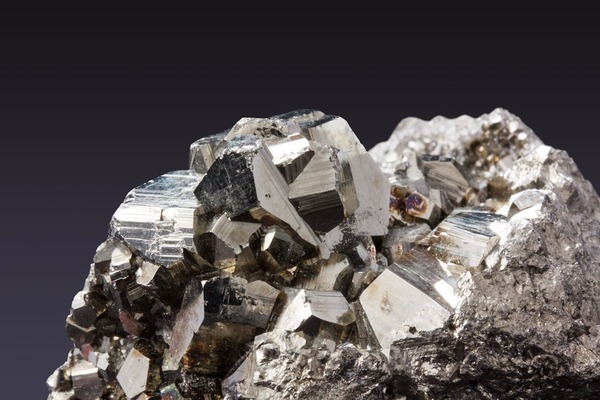The Future Minerals Forum (FMF) has released its latest report, shaping the future minerals. The report examines the global energy transition and highlights how the Middle East and surrounding regions can play a vital role in supplying critical minerals for renewable energy technologies. The report was developed with input from industry experts, including CRU, Wood Mackenzie, and Clareo-DPI.
The report notes that global demand for critical minerals, such as copper, cobalt, lithium, and graphite, is increasing due to the rise of renewable energy projects, electric vehicles, and battery technologies. Meeting this demand will require $5.4 trillion in capital investment from 2024 to 2035. Emerging markets, including the Middle East, will be key regions for this investment, accounting for over 40% of the total capital required.
The Middle East has untapped potential in its mineral reserves, particularly in Saudi Arabia and neighboring countries. These reserves include essential materials for renewable energy technologies, such as copper and phosphates used in batteries and solar energy system.
The report highlights that the mining phase generates most of the value for some critical minerals. For example, 70% of cobalt’s value and 54% of lithium’s value are tied to mining activities. This gives an opportunity for Middle Eastern countries to extract and process these resources to support global energy transition goals.
Saudi Arabia, as the host of the Future Minerals Forum, has positioned itself as a regional hub for mining and minerals. The Kingdom’s Vision 2030 includes mining as a key sector for economic diversification. With large reserves of phosphate, gold, and bauxite, and ongoing exploration efforts, Saudi Arabia aims to attract international investment and technology to unlock its mineral wealth.


